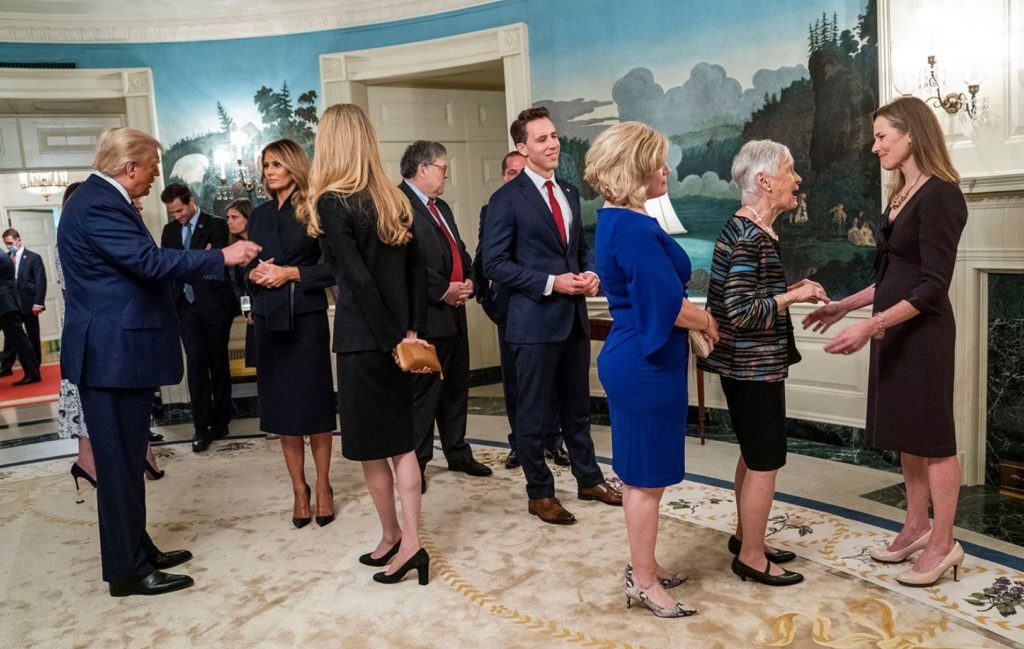Is Joe Biden damaging American democracy by trying to win elections?

Many people have already pointed out the obvious fallacy in Ross Douthat’s argument that if Joe Biden really cared about preserving democracy he would stop trying to mobilize voters around the Republican Party’s Dobbs decision and the subsequent campaign of terror and surveillance Republicans have unleashed against American women seeking a common medical procedure:
There isn’t one and he knows it. @DouthatNYT is upset that Republicans are getting hammered for their extremely unpopular positions on abortion. He’s desperately hoping that Biden & Dems will capitulate and dampen voter enthusiasm. https://t.co/7MbZA3uqvZ— Max Kennerly (@MaxKennerly) September 5, 2022
“I propose a Grand Bargain in which I win although my views are so unpopular they appear to be upsetting the normal thermostatic course of American politics” is not really much of a grand bargain!
Perhaps even more absurd than this, though, is the justification offered for Douthat’s claim that Biden trying to mobilize voters around overruling Roe is somehow inconsistent with believing that American democracy is facing a crisis:
For actual evidence supporting such a belief, I recommend reading Julian G. Waller’s essay “Authoritarianism Here?” in the spring 2022 issue of the journal American Affairs. Surveying the literature on so-called democratic backsliding toward authoritarianism around the world, Waller argues that the models almost always involve a popular leader and a dominant party winning sweeping majorities in multiple elections, gaining the ground required to entrench their position and capture cultural institutions, all the while claiming the mantle of practicality and common sense.
As you may note, this does not sound like a description of the current Republican Party — a minority coalition led by an unpopular chancer that consistently passes up opportunities to seize the political center, a party that enjoys structural advantages in the Senate and the Electoral College but consistently self-sabotages by nominating zany or incompetent candidates, a movement whose influence in most cultural institutions collapsed in the Trump era.
The argument here, amazingly enough, is that the biggest risk to American democracy is Democrats becoming too popular. But the problem with the comparative arguments being brought up here is exemplified by the counter-majoritarian features he conveniently brings up (although, especially in the context of discussing abortion politics, one should really also discuss gerrymandering as well.) In the contemporary United States, the biggest threat to democracy in both theory and practice is not a large majority entrenching itself but an overrepresented minority faction entrenching itself by further undermining democratic institutions. And this threat isn’t theoretical; it’s happening.
The best chance for American democracy to survive is for MAGA-dominated Republicans to lose a lot of national elections. And that means mobilizing voters around the extremely unpopular overruling of Roe is not merely consistent but necessary to upholding democratic values.


